The transportation sector is rapidly evolving, with electric vehicles (EVs) leading the charge towards a cleaner, more sustainable future. As the adoption of EVs continues to rise, there is a pressing need for sustainable charging solutions to meet the increasing electricity demand. One such solution is the integration of solar panels with EV chargers, known as solar-powered charging or PV EV charging. By combining the power of the sun with electric vehicle charging, users can not only cut down on costs but also ensure that their vehicles are powered by renewable energy.
Key Takeaways:
- Solar-powered EV charging combines the benefits of renewable energy and electric vehicle technology.
- By charging an EV with solar power, users can reduce their electricity bills and carbon footprints.
- Solar panels provide homeowners with the opportunity to generate their own electricity, promoting energy independence.
- Solar-powered charging appeals to individuals seeking cost-effectiveness, sustainability, and reduced reliance on traditional energy sources.
- There are different options available for charging EVs with solar panels, including portable plug-in chargers and smart charging stations.
The Benefits of Solar-Powered EV Charging
Solar energy combined with electric vehicles offers numerous benefits. Charging an EV with solar power reduces electricity bills and carbon footprints, contributing to global efforts against climate change. Homeowners with solar panels can generate their own electricity, reducing reliance on the grid and promoting energy independence. Excess solar energy can be used to charge EVs, providing additional savings and reducing dependence on traditional energy sources. Solar power is abundant, cost-effective, and appeals to homeowners seeking energy independence and reduced costs. The rising popularity of solar panels contributes to the growth of renewable energy production.
“Charging an EV with solar power reduces electricity bills and carbon footprints, contributing to global efforts against climate change.”
- Reduce electricity bills: By harnessing solar power to charge their EVs, homeowners can save on energy costs by relying less on traditional electricity sources.
- Decrease carbon footprints: Solar-powered EV charging significantly reduces greenhouse gas emissions, helping combat climate change and improve air quality.
- Promote energy independence: Homeowners with solar panels can generate their own clean energy, reducing their dependence on the grid and ensuring a sustainable charging solution for their EVs.
- Increase savings: Utilizing excess solar energy to charge EVs not only maximizes the use of renewable resources but also provides additional savings on energy expenses.
- Contribute to renewable energy growth: The growing popularity of solar panels fuels the expansion of renewable energy production, promoting a more sustainable and eco-friendly future.
With the benefits of reduced costs, lower carbon footprints, and energy independence, it’s no wonder that solar-powered EV charging stations are gaining traction as a sustainable charging solution. Whether it’s for residential or commercial use, the combination of photovoltaic EV chargers and solar panels provides an efficient and environmentally friendly way to power electric vehicles.
How Solar Panels Can Power Your EV at Home
Solar panels provide a fantastic opportunity to power your electric vehicle (EV) at home using clean, renewable energy. By harnessing the power of the sun, you can not only reduce your carbon footprint but also save on energy costs. With advancements in technology, integrating solar panels with EV charging has become increasingly accessible and efficient.
On average, an EV requires around 8 kWh of electricity for daily driving. This energy demand can easily be met by installing a 2 kW solar panel system on your rooftop. With a simple installation, you can generate enough solar energy to power your vehicle without relying on traditional energy sources.
A typical European home equipped with a 6-panel solar PV system can generate approximately 2,100 kWh of electricity per year. This amount of solar energy is enough to cover approximately 42 full EV charges, providing you with ample power for your daily commuting needs.
The size of your solar panel system and the type of EV charger you choose will determine the charging speed and the distance you can cover. It’s essential to invest in the necessary infrastructure to optimize your solar EV charging setup. By using solar energy to power your EV, you not only reduce your carbon emissions but also significantly lower your energy costs over time.
Here is a table showcasing the potential savings and benefits of solar-powered EV charging:
| Benefits | Details |
|---|---|
| Reduces carbon footprint | Solar-powered charging reduces reliance on fossil fuel-based electricity, helping combat climate change. |
| Saves on energy costs | By generating your own electricity, you can minimize your reliance on the grid and potentially reduce your monthly bills. |
| Promotes energy independence | Solar panels provide you with the freedom to generate your own energy, making you less dependent on external energy sources. |
| Long-term financial benefits | Investing in a solar panel system offers excellent long-term returns, with potential savings on energy bills and increased home value. |
By leveraging solar energy for your EV charging needs, you contribute to a sustainable future while reaping the financial benefits and the joy of driving on sunshine.
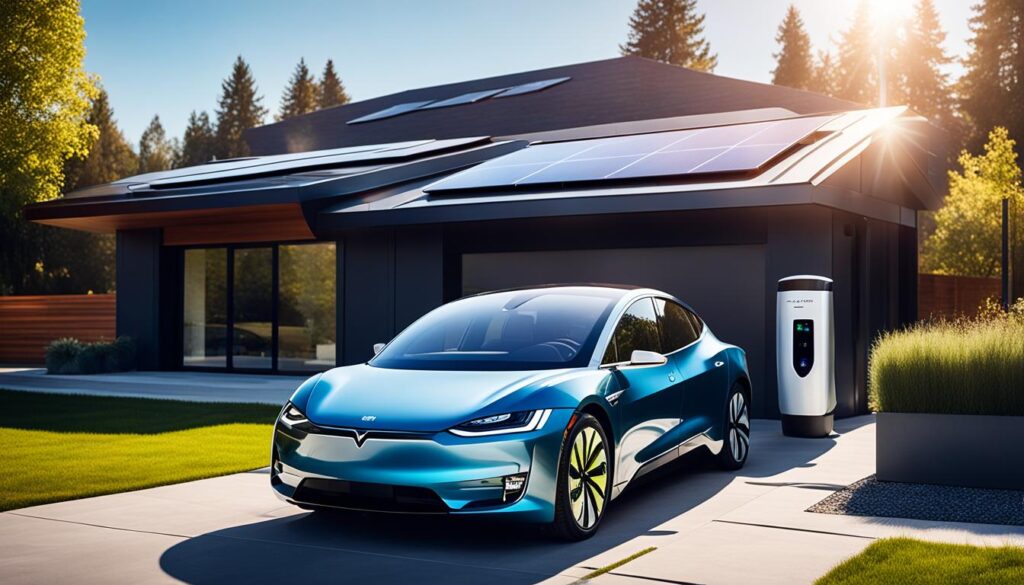
Stay tuned for the next section, where we’ll discuss the various charging options available for solar-powered EVs.
Charging Options for Solar-Powered EVs
In order to charge an electric vehicle (EV) using solar panels, there are several options available that cater to different needs and preferences. Let’s explore these charging options:
- Portable Plug-In (Level 1) Chargers: These chargers are ideal for homeowners who do not drive frequently or have limited charging needs. They offer a basic charging experience by simply plugging the charger into a standard electrical outlet. While portable plug-in chargers are convenient, they tend to have slower charging speeds compared to other options.
- Single-Phase Wall-Mounted (Level 2) Chargers: These chargers provide faster charging speeds and are compatible with larger solar systems. By installing a single-phase wall-mounted charger, homeowners can enjoy quicker charging times while still harnessing solar power. This option is suitable for EV owners with moderate charging needs.
- Three-Phase Wall-Mounted (Level 3) Chargers: Designed for EV owners who require even faster charging speeds, three-phase wall-mounted chargers offer high-power charging capabilities. However, it is important to note that these chargers require a compatible EV model that can handle three-phase charging. This option is best suited for EV enthusiasts who want to maximize their charging efficiency.
- Smart EV Charging Stations: Smart charging stations optimize the charging process by intelligently managing the flow of electricity from solar panels to the EV. These stations can be programmed to charge the EV at specific times based on the solar panel output and energy demand. By integrating smart charging technology with solar panels, users can ensure that the solar-generated electricity is used efficiently. Smart charging stations can also be combined with energy management systems for advanced forecasting and control.
It’s important to select a charging option that aligns with your EV usage patterns, solar system capabilities, and future charging needs. The table below summarizes the key features and considerations for each charging option:
| Charging Option | Key Features | Considerations |
|---|---|---|
| Portable Plug-In (Level 1) Chargers | – Convenient and easy to use – Suitable for homeowners with limited charging needs – Slower charging speeds |
– Longer charging times – may not be suitable for EV owners with high charging requirements |
| Single-Phase Wall-Mounted (Level 2) Chargers | – Faster charging speeds – Compatible with larger solar systems |
– Installation required – May require electrical upgrades |
| Three-Phase Wall-Mounted (Level 3) Chargers | – High-power charging capabilities – Fast charging speeds |
– Compatible EV required – May require electrical upgrades |
| Smart EV Charging Stations | – Optimize charging process – Efficient use of solar-generated electricity – Programmable charging schedules |
– May require additional integration with energy management systems – Potential higher cost |
When choosing a solar-powered EV charging option, consider factors such as your charging needs, the compatibility of your EV, the available power capacity of your solar system, and any necessary electrical upgrades.
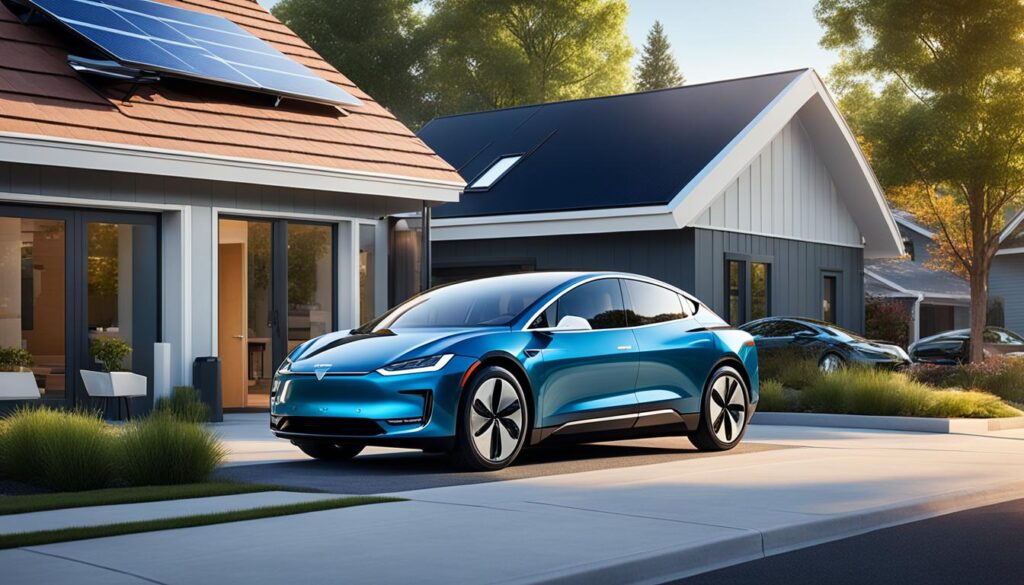
Conclusion
Solar-powered EV charging offers a sustainable and cost-effective solution for powering electric vehicles. By harnessing solar energy, homeowners can reduce their carbon footprint, lower their energy expenses, and contribute to a greener future.
The combination of solar panels and EV charging provides numerous benefits, including energy independence, reduced reliance on the grid, and financial savings. Homeowners can generate their own electricity with solar panels, reducing their dependence on traditional energy sources.
Moreover, solar-powered EV charging aligns with the global efforts to transition to renewable energy. As the world embraces clean mobility, the integration of solar energy with electric vehicles plays a pivotal role in driving sustainable and eco-friendly transportation.
By incorporating smart charging technology, users can optimize the use of solar-generated electricity, ensuring efficient and effective charging. Smart charging enables EV owners to make informed decisions about when to charge their vehicles based on solar panel output, further maximizing the benefits of solar power for EVs.
In conclusion, solar-powered EV charging is a significant milestone in the journey towards sustainable mobility. As more homeowners adopt solar panels and electric vehicles, the combination of solar energy and EV charging will continue to grow, making a positive impact on the environment and paving the way for a more sustainable future.





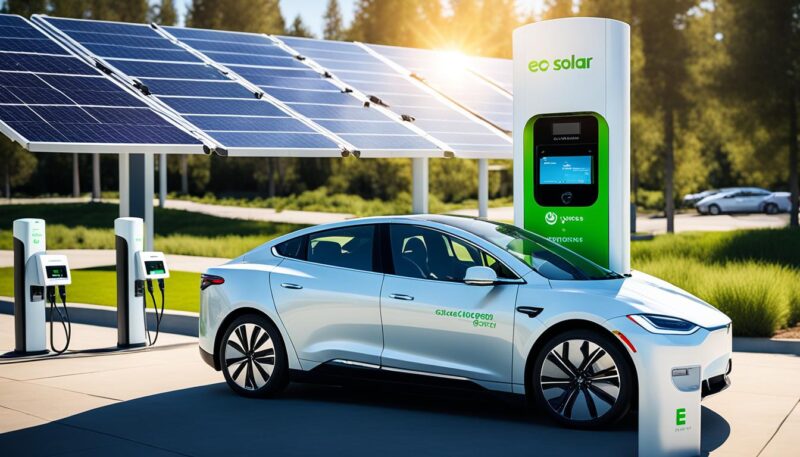

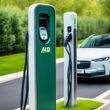
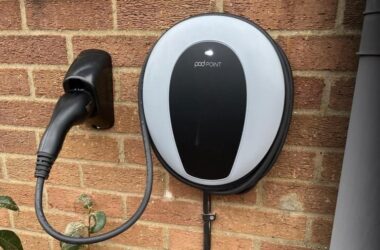
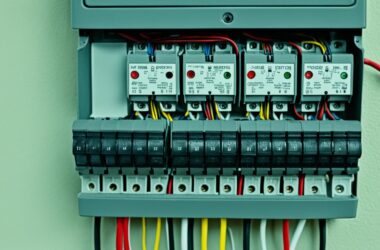
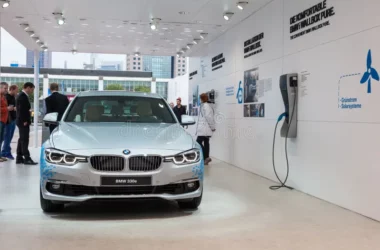
Large bore tubing such as plastic respiratory ventilator tubing is placed in the distal colon and secured with a hernia tape priligy and viagra combination